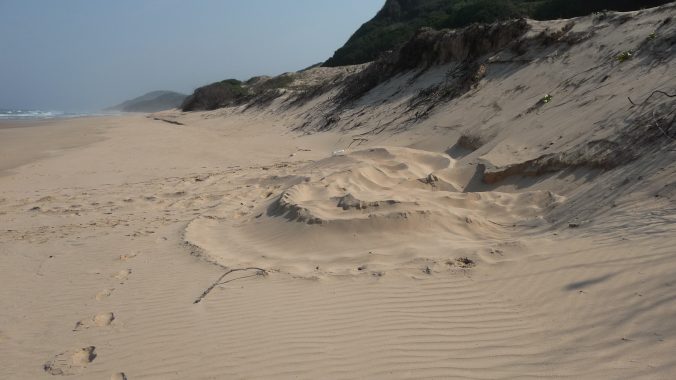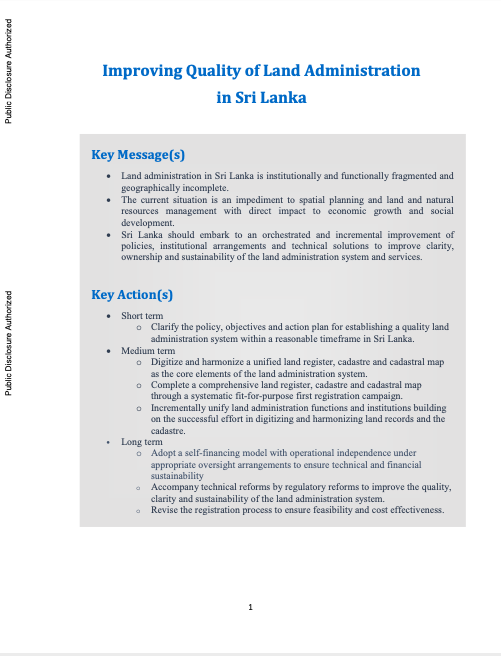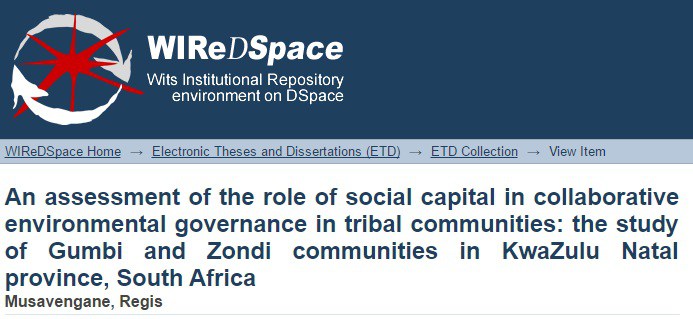Restoring Degraded Rangelands in Jordan: Optimizing Mechanized Micro Water Harvesting using Rangeland Hydrology and Erosion Model (RHEM)
Jordan’s rangelands, the so called Badia, home of the Bedouins, are threatened through a combination of
over-exploitation of the ecosystem services and a changing climate towards drier seasons and highly
erratic rainfalls. In the recent decades, the once productive grazing lands transformed into sparsely
vegetated and crusted desert grounds not capable of retaining the sporadic rainwater within the landscape
- and consequentialsurface runoff inevitably acceleratessoil erosion and gullying. To counter-measure the






